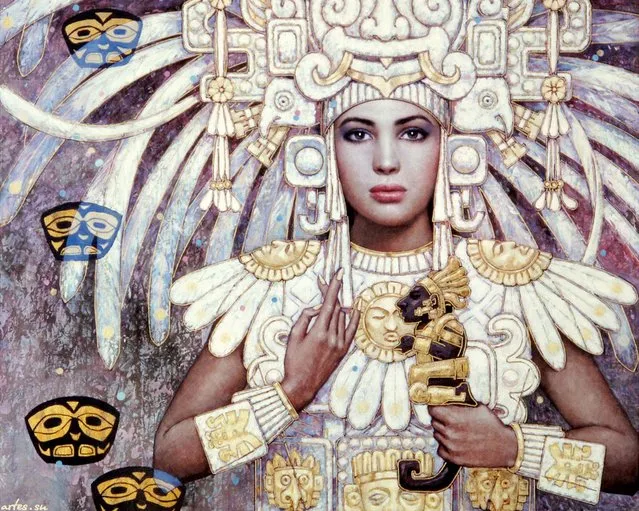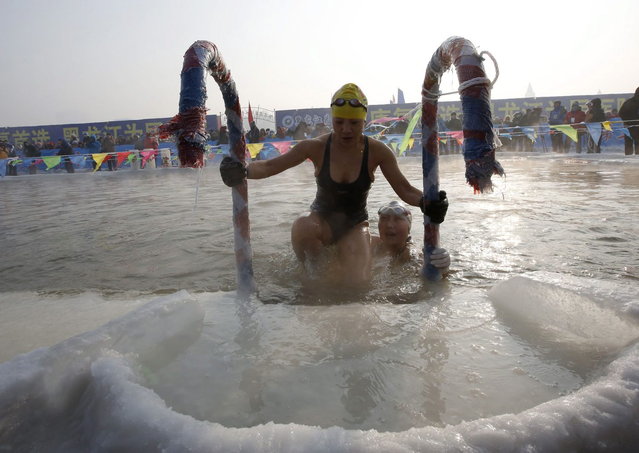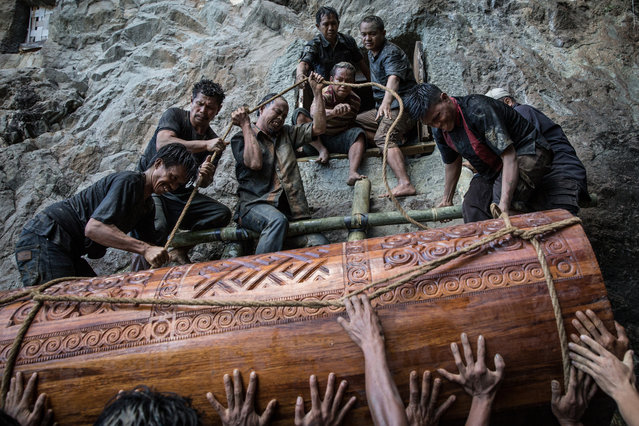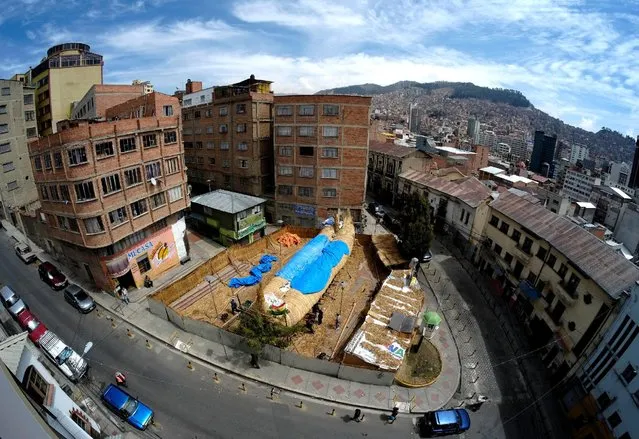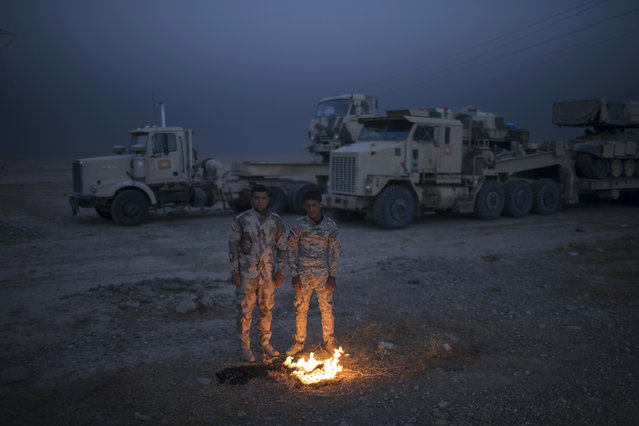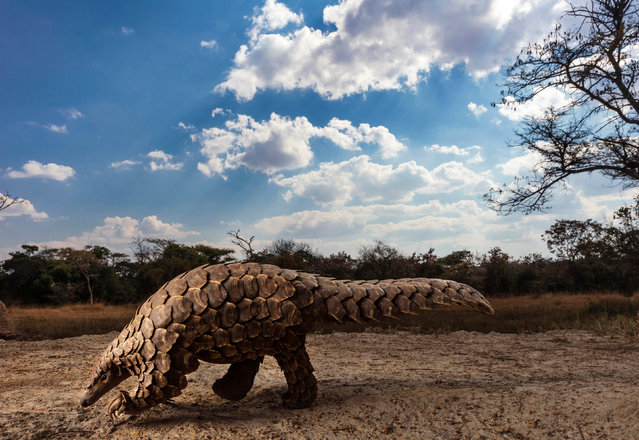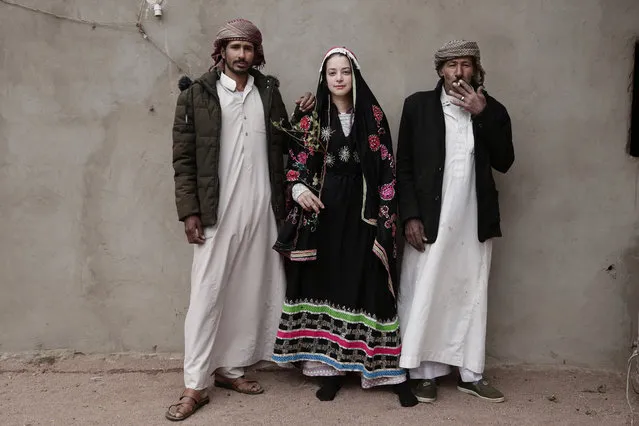
“In honor of Friday’s World Press Freedom Day, the non-governmental organization Reporters sans frontières (Reporters Without Borders) launched a campaign depicting world-famous dictators giving everyone the finger, or the international equivalent thereof”. – Kay Steiger. (Photo by Vincent Bousserez/Reporters Without Borders)
04 May 2013 11:10:00,post received
0 comments

